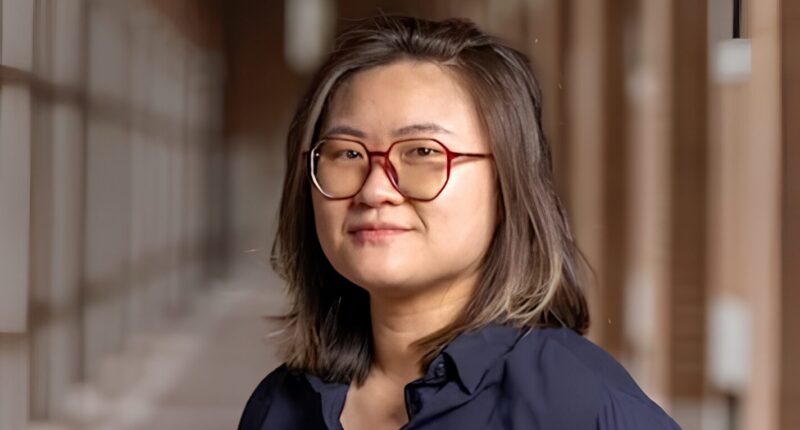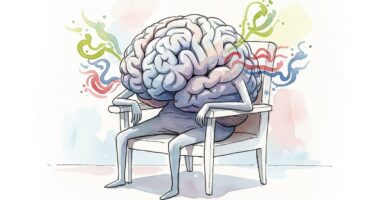AI chatbots are screening job candidates at a growing number of companies, raising fairness concerns that Rice University assistant professor Tianjun Sun will examine in a two-year National Science Foundation-funded study with the University of Florida.
The project will study bias at three levels: the predictors, or the language features AI extracts; the outcomes, or the interview scores and recommendations it produces; and the perceptions of job seekers themselves, particularly whether they view the process as fair and transparent.
“Two candidates may give essentially the same answer,” said Sun, assistant professor of psychological sciences. “But the algorithm might process them differently. That can lead to unfair or inaccurate hiring decisions.”
Studies show that a growing share of companies already use AI tools in hiring with many relying on chatbots to screen candidates. Research has found that these systems can reflect or even amplify human bias, sometimes favouring certain groups over others.
Sun’s lab has created a prototype chatbot that conducts short interviews and generates a Big Five personality profile, which she uses as a demonstration of how these systems might evolve. Sun describes her approach as psychometric AI, the application of psychological measurement principles to modern algorithms.
“Computer scientists often focus on whether an algorithm predicts well,” Sun said. “But psychologists ask a different question: Are we really predicting what we think we’re predicting, and is the process fair?”
Patricia DeLucia, associate dean for research in Rice’s School of Social Sciences, said Sun’s study exemplifies research that anticipates real-world needs. If successful, Sun’s research will help establish benchmarks for more ethical AI hiring tools and offer employers ways to design systems that better serve human purposes.










